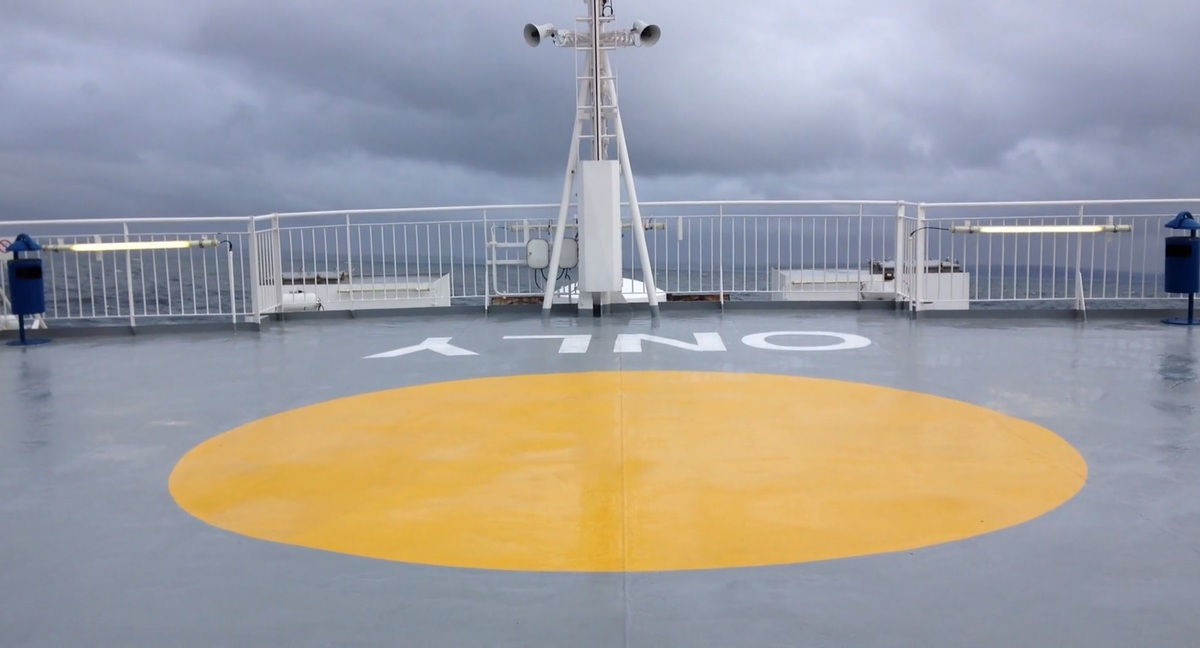[ad_1]

Charlotte Prodger, BRIDGIT (still), 2016.
©CHARLOTTE PRODGER
Ahead of opening her Scottish Pavilion at the 2019 Venice Biennale this coming May, Charlotte Prodger has won the 2018 Turner Prize, one of the world’s most highly esteemed art prizes. She will receive £25,000, or about $31,800. Forensic Architecture, Naeem Mohaiemen, and Luke Willis Thompson were also shortlisted for the award, which recognizes one artist based in the United Kingdom each year. (Each finalist will receive £5,000, or about $6,300.)
Prodger has become well-known in the U.K. and abroad for her essayistic films, which are often shot using an iPhone. They weave together meditations on notions of femininity and queerness, narratives from Prodger’s biography, mythological stories, and the history of Scotland and other countries. About her use of an iPhone rather than a more expensive camera, Prodger has said, “It is through choice that I use the phone, because for me the way that I film is quite sketchbook-y, like I’m just filming as I go about my daily life.”
The 44-year-old artist is being recognized for her exhibition at the Bergen Kunsthall in Norway. Included in that show was her film BRIDGIT (2016), which finds connections between ancient mother figures and the modern-day Scottish countryside. That work is now on view at Tate Britain in London, as part of an exhibition featuring work by all the 2018 Turner Prize nominees, and was previously shown at SculptureCenter in New York.
Prodger’s win makes for a decidedly un-provocative conclusion to this year’s Turner Prize, which has been the subject of controversy for some of the typical reasons that awards tend to be (the nominated artists are too academic, too out of touch with the wants of the common museum visitor) as well as some more unusual ones. The jury’s choice to nominate Forensic Architecture, which makes use of architectural and political theories to investigate incidents of violence, was criticized because some didn’t believe the collective’s work should be called art. And others castigated the jury for nominating Luke Willis Thompson, whose work was the target of a protest during the Turner Prize exhibition’s run in which activists wore shirts that read “BLACK PAIN IS NOT FOR PROFIT.”
This year’s jury included Oliver Basciano, art critic and international editor at ArtReview; Elena Filipovic, director of the Kunsthalle Basel; Lisa LeFeuvre, head of sculpture studies at the Henry Moore Institute; and novelist Tom McCarthy.
[ad_2]
Source link

